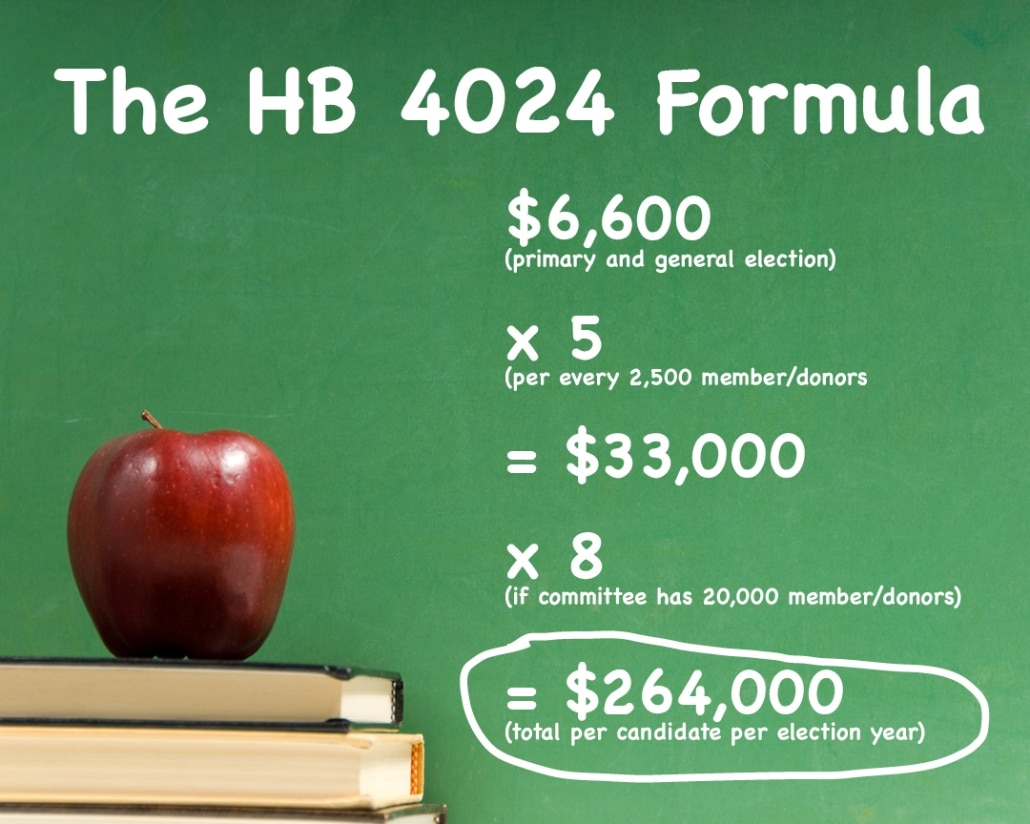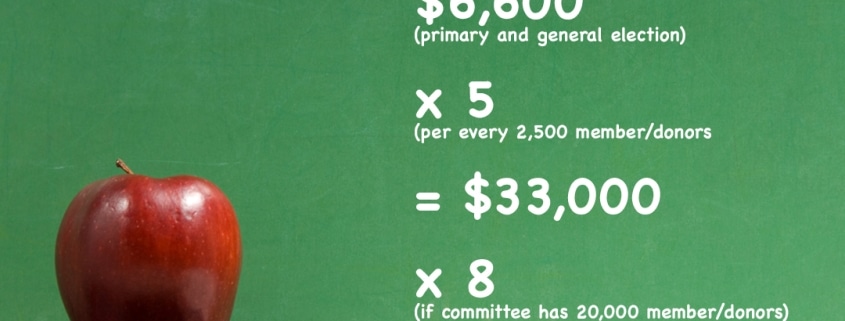Campaign Cash, Like Water, Always Finds a Way
Legislators put together alternate campaign finance reform measure
Nothing like a little initiative to inspire initiative.
With a citizens’ Initiative Petition (IP-9) to limit campaign contributions in Oregon politics steamrolling towards the November election ballot, legislators suddenly have decided to wrest control of the parade route. Powered by major donors representing both Republican and Democrat interests, HB 4024-5 creates a tangled web of new rules that proponents say solves the campaign spending problem and is a preferred alternative to the citizens’ initiative.
Legislators are making a sincere effort under a tight timeline to address this long-standing issue, but major donor organizations are pushing bill language that will still allow large campaign donations to flow. Campaign money is like water — no matter the obstacles, it gets where it wants to go. As Aristotle noted, water always finds a way.
Good government groups like The League of Women Voters, Common Cause, and Honest Elections Oregon testified Monday that, rather than cap the flow of campaign cash, the bill before the legislature merely adds diversion routes to the existing pipeline.
Dan Meek, testifying on behalf of Honest Elections Oregon, pointed out in testimony that the bill would allow “small donor committees” — in most cases, unions that accept contributions from thousands of members — to still make large donations to both state-wide and legislative candidates.
 He noted that it would allow donations of $3,300 for both the primary and general elections, multiplied by 5 for every 2,500 member donations. For example, if SEIU has 50,000 member/donors, that would represent 20 blocks of 2,500 donors. That translates into $3,300, multiplied by 5, multiplied by 20, multiplied by 2, or a whopping $660,000 for a candidate for state representative in an election year. The formula would be the same for other unions like OEA and AFSCME.
He noted that it would allow donations of $3,300 for both the primary and general elections, multiplied by 5 for every 2,500 member donations. For example, if SEIU has 50,000 member/donors, that would represent 20 blocks of 2,500 donors. That translates into $3,300, multiplied by 5, multiplied by 20, multiplied by 2, or a whopping $660,000 for a candidate for state representative in an election year. The formula would be the same for other unions like OEA and AFSCME.
Detractors also raised concern over fuzzy transparency rules that they argued would allow many contributors to campaign advertising to go undisclosed.
Minor political parties, such as the Pacific Green Party, Libertarian Party, or Independent Party would have their contributions sliced in half compared to the major political parties since they don’t have primary elections, and thus could make only one contribution in an election year compared to two for the major parties.
On the other side of the political aisle, business interests could establish multiple political committees that would also allow them to maximize contributions as well.
In written testimony, Preston Mann, representing Oregon Business and Industry noted the following:
“We recognize there will be many critics of this proposal. In truth, there are provisions of legislation that are not our favorite. However, policy decisions as complicated as this one often require compromise.”
Complicated it is. Legislators, to their credit, are being pulled from both sides while trying to find a middle ground that actually provides meaningful reform. Legislators deplore the constant need to dial for dollars. Donors don’t like answering the phone. Both would prefer a serious effort at détente. Critics, however believe the current bill is just a more complicated version of the status quo.
If successful, legislators intend to send the measure to the November ballot where it will compete with the version sponsored by the citizens initiative. Regardless of which Measure is actually approved by voters, there will always be the Spector of independent expenditures that can dilute the impact of any reform effort. Money, like water, always finds a way.


